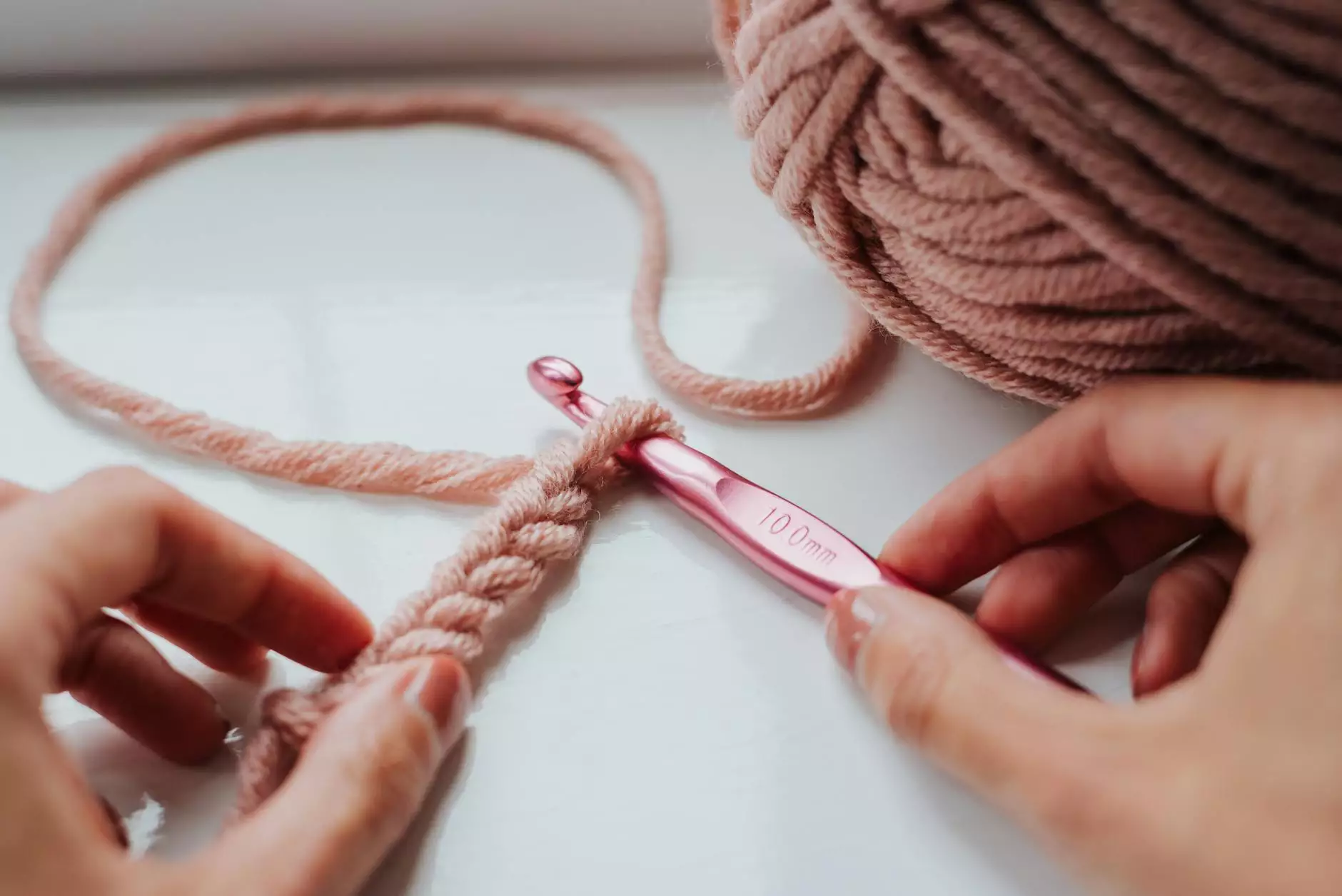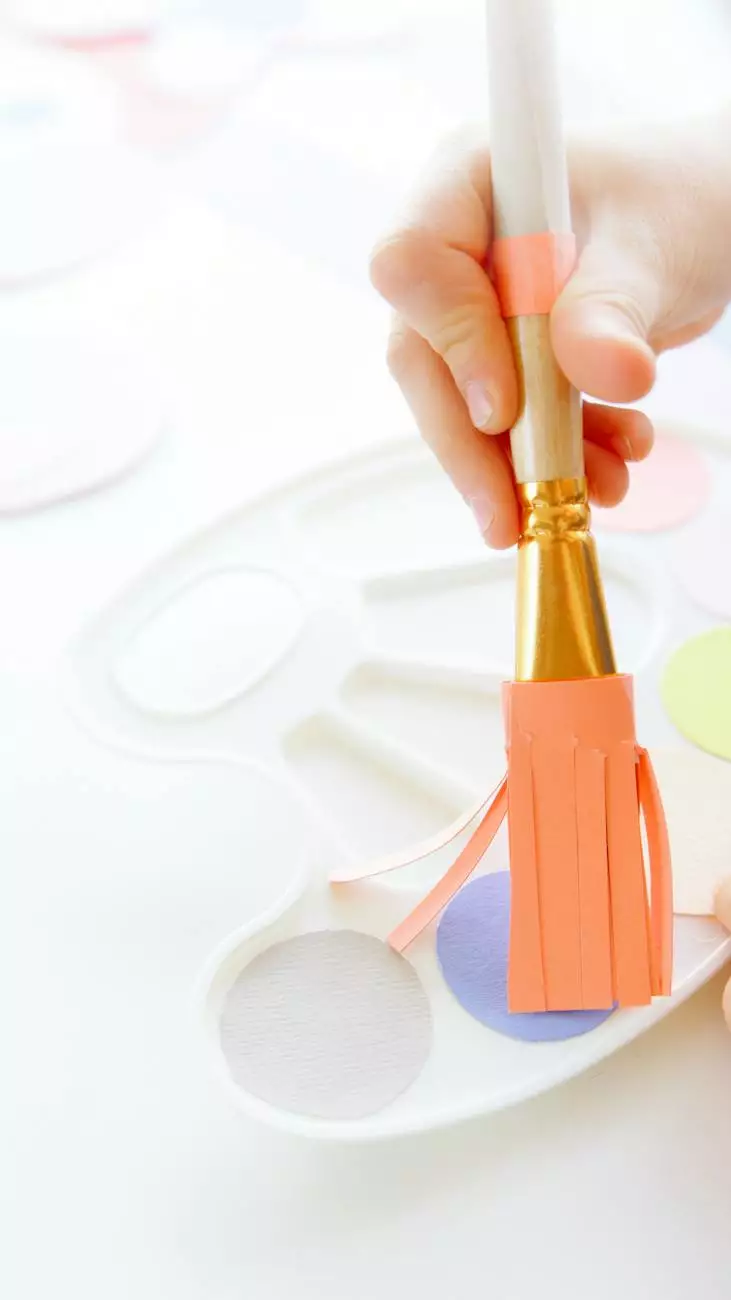Learn the Difference Between When & While – TOEIC Grammar Study
English Grammar Lessons
Introduction
Welcome to NJCLT's comprehensive guide on understanding the difference between "when" and "while" in English grammar.
Understanding "When" and "While"
When it comes to English grammar, many learners face confusion when it comes to choosing between "when" and "while." These two words are often used to refer to specific time frames, but they have distinct functions and should not be used interchangeably.
The Usage of "When"
The word "when" is primarily used to indicate a specific point in time. It is commonly used in simple time-related sentences. For example:
- When I woke up, the sun was already shining.
- I will call you when I arrive home.
As seen in the examples above, "when" is used to express a single event happening at a particular point in time.
The Usage of "While"
On the other hand, "while" is used to indicate a period of time, often in the context of two or more simultaneous events. It emphasizes the duration or the ongoing nature of the actions. Consider these examples:
- I can listen to music while I study.
- They chatted while waiting for the bus.
In both instances, "while" is utilized to denote a continuous action or event rather than a specific moment.
Differentiating Their Functions
To better understand the difference, let's compare the usages of "when" and "while" in the same sentence:
- I was cooking dinner when the phone rang.
- I was cooking dinner while the phone rang.
In the first sentence, "when" is used to express that the phone rang at a specific moment while the speaker was cooking dinner.
However, in the second sentence, "while" indicates that the phone rang during the ongoing action of cooking dinner.
Usage Tips and Examples
Here are some additional tips and examples to further enhance your understanding:
1. "When" for Single Events
Use "when" to describe single events happening at specific moments:
- When the concert started, the crowd cheered loudly.
- She always smiles when she sees her best friend.
2. "While" for Simultaneous Actions
Use "while" to highlight actions happening simultaneously:
- He studied while his sister watched television.
- I like to drink tea while reading a good book.
3. "When" and "While" in Conditional Sentences
Both "when" and "while" can be used in conditional sentences. "When" is used for future events, while "while" emphasizes ongoing actions:
- When she arrives, we will start the meeting.
- He will keep studying while he waits for the results.
4. "When" and "While" with Past Continuous Tense
In past continuous tense, "when" indicates an interruption, while "while" emphasizes the ongoing action:
- I was driving to work when I saw a deer crossing the road.
- She was dancing while her friends were taking photographs.
Conclusion
Congratulations! You now have a solid understanding of when to use "when" and "while" in English grammar. Remember to carefully consider the specific context and duration of the actions you want to express. By using these words correctly, you can enhance the clarity and precision of your sentences.










